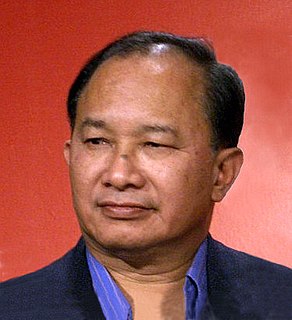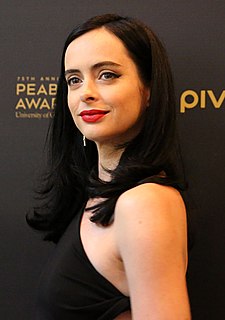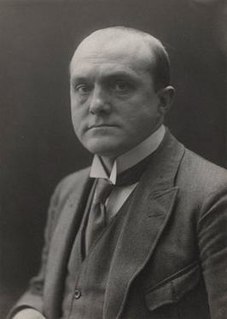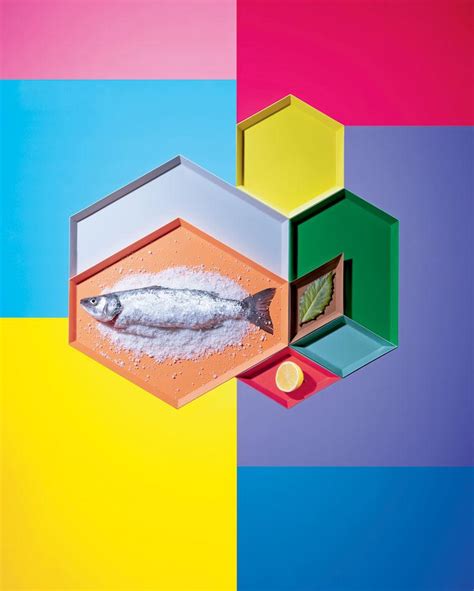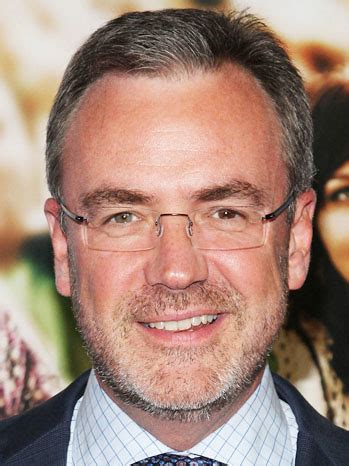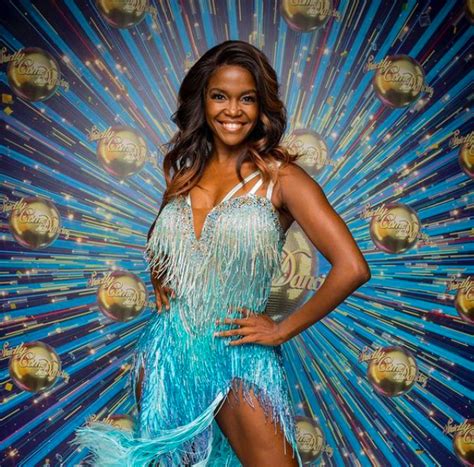A Quote by Michael Craig-Martin
In my early work I didn't use much colour. I had no confidence about how I could do this.
Quote Topics
Related Quotes
We're thinking about how we can use Facebook as an early indicator of dementia. Family and friends can see how, for example, the person is talking about a journey they didn't go on or having lunch with a friend they didn't have lunch with. Can we use those as early alerts that maybe the person should see a doctor? The most important thing is early diagnosis.
I knew I could always work harder and be better and show I'm more prepared. I had a whole science to, like, how you have to arrive 17 minutes early to something. If you're 20 minutes early, that means you're too eager, but 17 minutes gives you time to, like, settle, sign in, use the ladies' room, have some water, and get comfortable.
Colour, as the strange and magnificent expression of the inscrutable spectrum of Eternity, is beautiful and important to me as a painter; I use it to enrich the canvas and to probe more deeply into the object. Colour also decided, to a certain extent, my spiritual outlook, but it is subordinated to life, and above all, to the treatment of form. Too much emphasis on colour at the expense of form and space would make a double manifestation of itself on the canvas, and this would verge on craft work.
There was something really wonderful about being able to feel confident about doing my first exhibition in China, that people would have no trouble recognising the images and understanding my work. I also have a lot of freedom in the way I use colour, and I think that kind of freedom in colour is also understandable in every culture.
I often use colour to attack form, to break it down a little or begin to dissolve it. But I am not at all interested in 'pure' colour or in colour as a transcendental presence... So if I use colours to begin to dissolve forms, I also use forms to prevent colours becoming entirely detached from their everyday existence.
I'm not one of these guys who begins the day thinking about what kind of an impact I can have. I instead think about it as what kind of work are we going to do today, how can we make the broadcast better, how can we work as a team, how can we draw on the resources of CBS overall and use them to make the 'Evening News' that much stronger.


